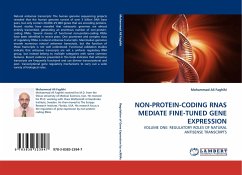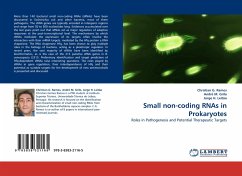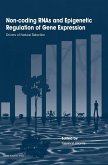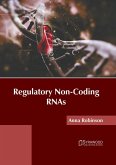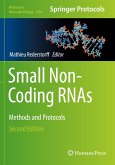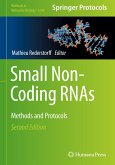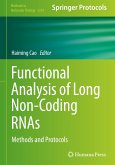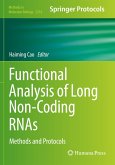Natural antisense transcripts: The human genome sequencing projects revealed that the human genome consist of over 3 billion DNA base pairs, but only contain 20,000 25,000 genes that are encoding proteins. Recent studies have revealed that eukaryotic genomes are almost entirely transcribed, generating an enormous number of non-protein-coding RNAs. Several classes of functional non-protein-coding RNAs have been identified in recent years. One prominent and complex class of regulatory RNAs is natural antisense transcripts. Mammalian genomes encode numerous natural antisense transcripts, but the function of these transcripts is not well understood. Functional validation studies indicate that antisense transcripts are not a uniform regulatory RNA group, but instead belong to multiple categories with some common features. Recent evidence presented in this book indicates that antisense transcripts are frequently functional and use diverse transcriptional and post- transcriptional gene regulatory mechanisms to carry out a wide variety of biological roles.

